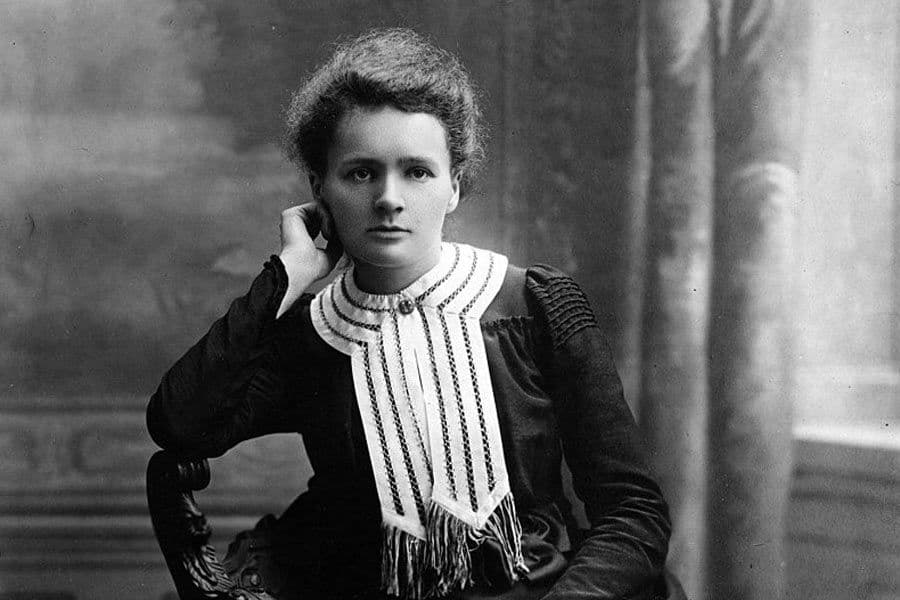2023-07-14
Marie Curie: A Pioneering Genius and Celebrating Her Legacy of Accomplishments

Introduction:
In the annals of scientific history, few names shine as brightly as Marie Curie. A remarkable physicist and chemist, Curie's groundbreaking discoveries in the field of radioactivity not only revolutionized science but also earned her the distinction of becoming the first woman to win a Nobel Prize. Her extraordinary life and remarkable achievements continue to inspire generations of scientists and serve as a testament to the power of dedication, intellect, and unyielding determination.
Early Life and Education:
Born on November 7, 1867, in Warsaw, Poland, as Maria Skłodowska, Curie possessed an insatiable curiosity from a young age. Despite facing numerous societal and gender-based challenges, she persevered and pursued her education at the University of Paris, where she studied physics and mathematics.
Discovering Radioactivity:
In collaboration with her husband, Pierre Curie, Marie Curie's groundbreaking research into radioactivity brought about a paradigm shift in the scientific community. In 1898, they discovered two new radioactive elements, polonium and radium. This groundbreaking work laid the foundation for modern nuclear physics and earned her the 1903 Nobel Prize in Physics, shared with her husband and physicist Antoine Henri Becquerel.
Nobel Prize Laureate:
Curie's tireless dedication to scientific advancement did not go unnoticed. In 1911, she became the first person, and to this day, the only woman to win Nobel Prizes in two different scientific fields. The Royal Swedish Academy of Sciences awarded her the Nobel Prize in Chemistry for her discovery and isolation of radium and polonium. This extraordinary achievement solidified Curie's place in history as one of the most brilliant minds ever to grace the scientific community.
Contributions to Medicine:
Curie's work in radioactivity also had profound implications in the field of medicine. She tirelessly championed the use of radium to treat cancer, paving the way for modern radiation therapy. Curie's selflessness and dedication to helping others were evident as she traveled to the front lines of World War I, operating mobile radiography units to provide crucial medical assistance to wounded soldiers.
Legacy and Impact:
Marie Curie's contributions extended far beyond her scientific achievements. As a trailblazer for women in science, she shattered societal barriers and paved the way for countless women to pursue their passion for scientific inquiry. Her tenacity, perseverance, and commitment to knowledge continue to inspire aspiring scientists to this day, reminding them that greatness knows no boundaries of gender.
Moreover, Curie's legacy transcends academia. Her pioneering spirit and unwavering dedication to research serve as a shining example of the transformative power of scientific discovery. By fearlessly challenging conventional wisdom, Curie exemplified the notion that breakthroughs often occur when one ventures into uncharted territories.
Conclusion:
Marie Curie's life and work continue to reverberate through time, standing as a testament to the heights human intellect can achieve. Her groundbreaking discoveries, unwavering dedication, and remarkable achievements have left an indelible mark on the scientific community and society at large. As we celebrate her life and accomplishments, let us honor her by fostering an environment that encourages and supports the brilliant minds of future generations, ensuring that the legacy of Marie Curie lives on forever, inspiring scientists and trailblazers for generations to come.